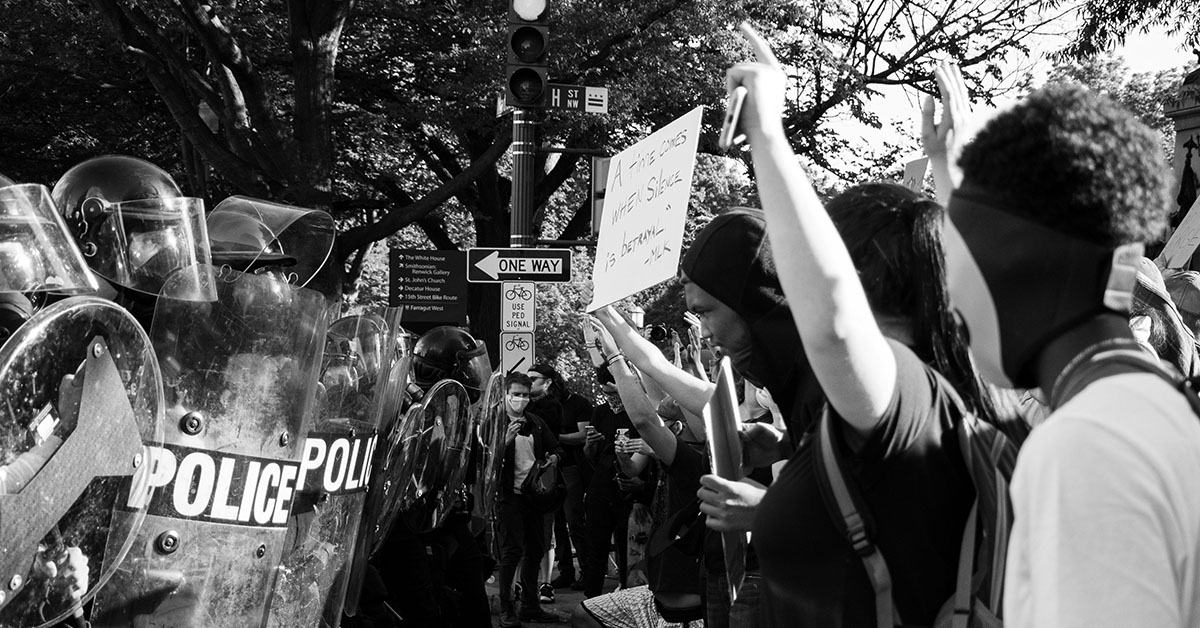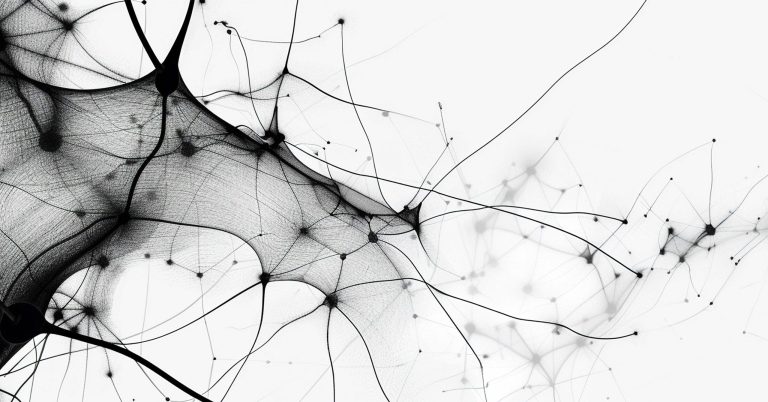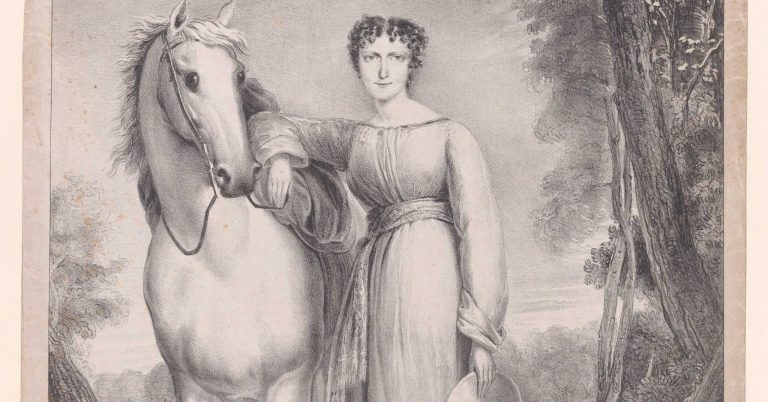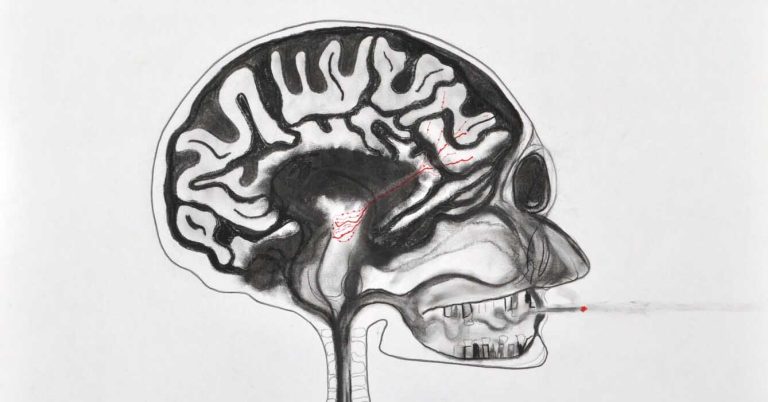
By Henry A. Giroux
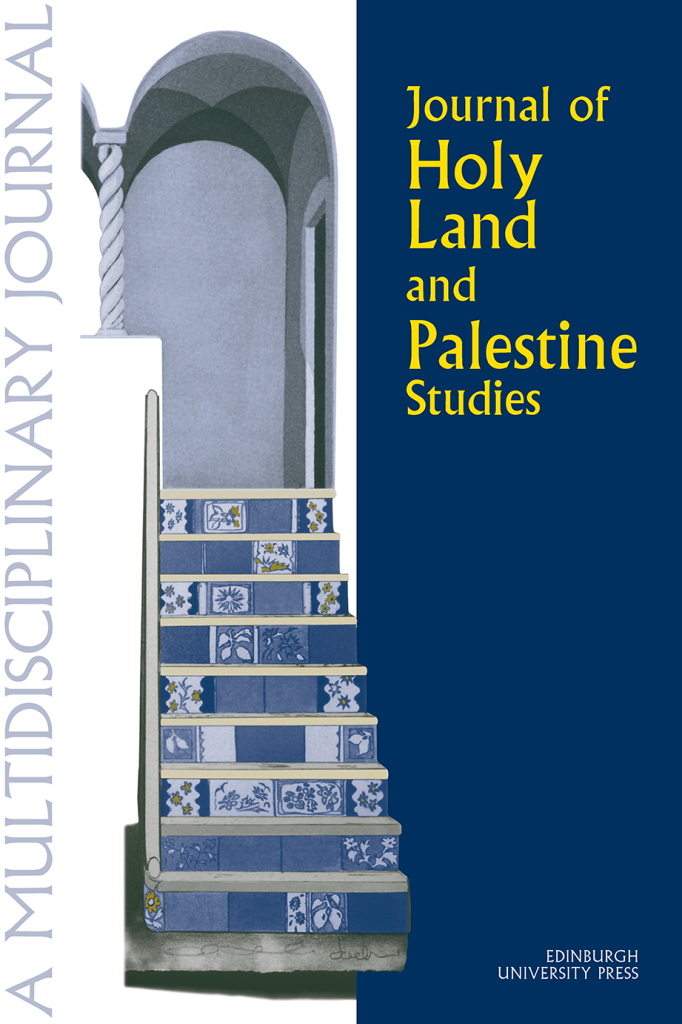
Henry A. Giroux is the author of ‘Scholasticide: Waging War on Education from Gaza to the West‘, the featured article in Issue 24.1 of the Journal of Holy Land and Palestine Studies.
Following a successful Subscribe to Open campaign, Volume 24 of the Journal of Holy Land and Palestine Studies is entirely Open Access.
The struggle of man against power is the struggle of memory against forgetting.
– Milan Kundera
In an age where culture is the primary battlefield, authoritarianism thrives on ignorance, historical amnesia and the brutal aesthetics of cruelty, all normalized as common sense. This is a policy of scholasticide – a full-scale assault on the past – one that aims to erase not only history but the very capacity to critically engage with it. We witness this in Israel’s genocidal war in Gaza, where education is methodically destroyed, universities obliterated and unimaginable violence becomes the foundation of daily life.
In this chaos, young minds are stripped of the tools to understand their history and collective selves, to challenge power and to envision a future free from oppression. Such policies are not only crimes against individual lives; they are crimes against history itself, erasing the very memory of resistance and the struggles that have shaped the present. In the United States, under the leadership of Donald Trump, historical amnesia has taken on a similarly insidious form, one that deliberately fosters ignorance, particularly surrounding the nation’s deep-seated histories of racial violence, colonialism and the ongoing struggles for justice. Books are banned, critical ideas erased from the curriculum, history is whitewashed, dissenting educators fired or threatened with prosecution, and students protesting for Palestinian freedom are abducted, detained and denied due process.
Critical pedagogy: connecting ideas to action
The fight for justice requires the reclamation of education and public space. This project is no longer optional; it is the condition of survival. As educators, we must cultivate a critical consciousness rooted in attentiveness: to history, to the structures of power, to the unseen and the silenced. This means connecting ideas to action in ways that dismantle forms of ideological and economic domination, and nourish an ethical imagination bold enough to think what the present declares impossible.
Critical pedagogy, both in its symbolic and institutional forms, plays a crucial role in fighting the resurgence of false renderings of history, white supremacy, religious fundamentalism, accelerating militarism and ultra-nationalism. Moreover, as fascists across the globe now disseminate toxic, racist and ultra-nationalist images of the past, it is essential to reclaim education as a form of historical consciousness and moral witnessing. This is particularly urgent in the face of policies like Trump’s, under which historical amnesia has become weaponized as a deliberate tactic to suppress civic consciousness and dissent. Authoritarians reject the painful lessons of history – racism, genocide, slavery and sexism – because these dark truths echo too powerfully the very worldviews they seek to perpetuate. They refuse to confront the past, for to do so would unravel the foundation of their own power. This is especially true at a time when historical and social amnesia have undermined the foundations of civic culture, matched only by the masculinization of the public sphere and the increasing normalization of fascist politics that thrives on ignorance, fear, suppression of dissent and hate. Historical amnesia serves as fertile soil for these toxic ideologies to grow – silencing the voices of resistance and obscuring the struggles that have shaped our movements for justice.
The merging of power, new digital technologies and everyday life has not only altered time and space but expanded the reach of culture as an educational force. A culture of lies, cruelty and hate, coupled with a fear of history and a 24/7 flow of information, now wages a war on attention spans, eroding the conditions necessary to think, contemplate and arrive at sound judgments.
Education beyond the classroom
Education, as a form of cultural work, extends beyond the classroom and its pedagogical influence. It plays a crucial role in challenging and resisting the rise of fascist pedagogical formations and their rehabilitation of fascist principles and ideas. We must actively counter attempts to rewrite history through the lens of authoritarian regimes, whether in Gaza, the U.S. or elsewhere. This historical amnesia is not accidental – it is a political tool, wielded purposefully to reshape collective memory and deny the possibility of resistance.
The scholar, Ariella Azolay, powerfully reminds us that educators have a responsibility to practice what she calls pedagogical citizenship – a form of teaching that, when pursued with intent and integrity, helps us remember our shared duties. In the face of relentless assaults on memory, it is education’s task to offer a counter vision: to awaken critical consciousness and expose the violence of authoritarian terror. It is through this work, through the act of resisting historical erasure, that we can equip ourselves with the tools to not only understand but to dismantle the structures of oppression threatening our world.
Any viable notion of critical pedagogy needs to create the educational visions and tools to produce a radical shift in consciousness. It must be capable of recognizing the scorched earth policies of gangster capitalism marked by staggering inequalities, settler colonialism, and the twisted anti-democratic ideologies that support it. This shift in consciousness cannot occur without pedagogical interventions that speak to people in ways that allow them to recognize themselves, identify with the issues being addressed, and place the privatization of their troubles in a broader systemic context.
Moving beyond slogans
Young people need more than slogans; they need a political vocabulary shaped by the lessons of history, alert to how fascism masquerades as freedom while delivering repression, and how it weaponizes the rhetoric of order to erase the memory of resistance. This is the work that critical pedagogy must undertake. It is not simply about teaching facts but about creating the conditions for a radical reimagination of the future, one that acknowledges the past and allows us to resist the authoritarianism that thrives on ignorance and historical erasure.
If we are to resist the scourge of historical amnesia and reclaim the future, we must all take up the struggle, through education, action and a commitment to justice grounded in the lessons of history.
About the author
Henry A. Giroux is McMaster University Chair for Scholarship in the Public Interest within the Department of English and Cultural Studies at McMaster University in Ontario, Canada. He is the author of ‘Scholasticide: Waging War on Education from Gaza to the West‘, the featured article in Issue 24.1 of the Journal of Holy Land and Palestine Studies.



